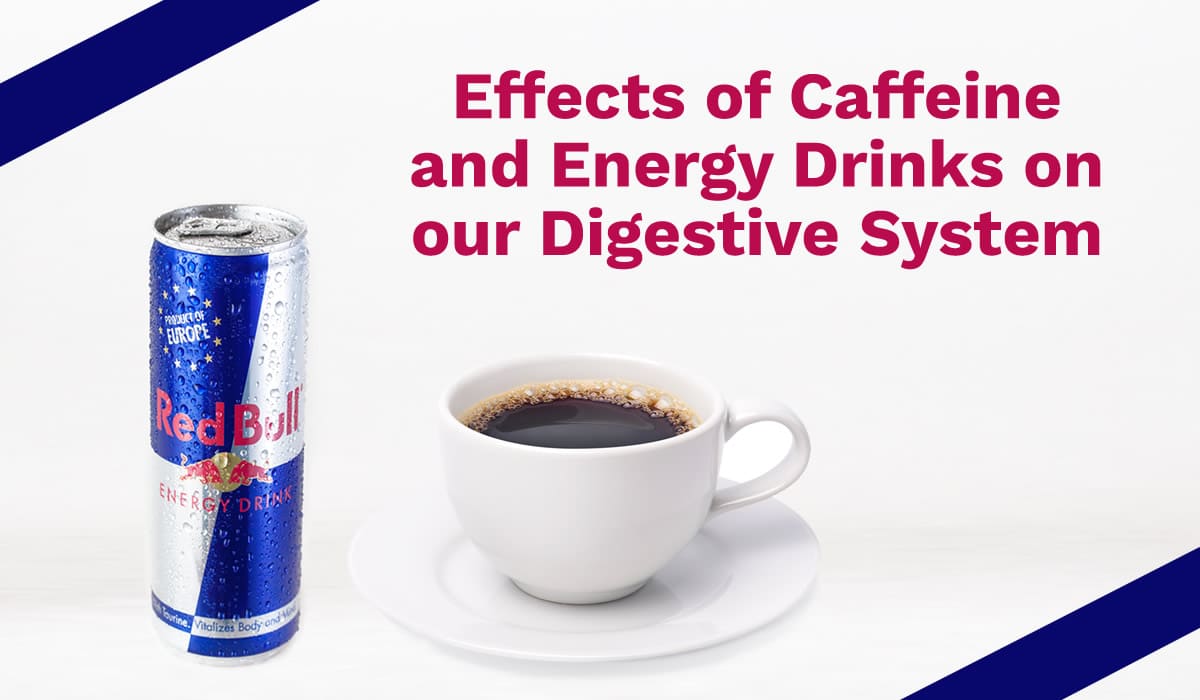
While black coffee actually has been shown to reduce diabetes risk, drinking sugary coffee and caffeinated beverages actually increase your risk of diabetes. The time saved could be used for an extra hour of sleep instead! 19. Also, the “ productivity effect” caffeine provides quickly diminishes if you’re addicted. Those addicted to caffeine can easily waste an hour standing in line at the coffee shop, making trips to the break room talking to coworkers along the way, and stopping at convenience stores. What would you do with an extra hour every day? People can be unaware that they even have a heart disorder until they begin to consume caffeine and the damage is done. While this isn’t problematic for most people, those with underlying heart conditions can be at risk. Less Risk of Cardiac EventsĬaffeine stimulates the heart muscle causing it to beat with more forceful contractions. Quitting can give you your steady hands back. This can range from annoying to even debilitating for some people. One of the leading side-effects of caffeine or coffee consumption is jitters or shaky hands. Possible Drug InteractionsĬaffeine can interact with other medications causing them to not work as they should. Quitting resets your body’s caffeine tolerance, allowing it to work really well on the occasions you really need it to. The same dose of caffeine then causes a person to achieve a sense of normal rather than the euphoric feelings it once did. Caffeine Will Work AgainĬonsuming caffeine daily quickly causes the human body to build up a tolerance to the drug. Quitting caffeine reduces your environmental footprint. The rest ends up in landfills where it may take up to 1,000 years to decompose.” – State of The PlanetĪlso, caffeine has been showing up in municipal water supplies because of all the discarded coffee grounds. “ Americans discard about 33.6 million tons of plastic each year, but only 6.5 percent of it is recycled and 7.7 percent is combusted in waste-to-energy facilities, which create electricity or heat from garbage. Just think of the number of plastic bottles, cans, and cups that have to be produced in order to meet the demand. Cleaner EnvironmentĬaffeine addiction places a tremendous strain on our natural resources.

Sugar-free energy drinks and sodas contain artificial sweeteners that also can negatively affect our health.Ĭutting these out of your diet can be beneficial to one’s overall long-term good health. These preservatives can have adverse health effects and some are even banned by some countries. Healthier Dietīottled coffees, teas, energy drinks, and sodas often contain an assortment of preservatives designed to give them a longer shelf-life. 5ġ pound of fat contains the equivalent of 3500 calories, so do the math… 12. 4Ī study from Victoria University found that when caffeine is in a sugary beverage it causes people to consume more of that sugary beverage compared to a sugary beverage without caffeine. Many experts say that sugary beverages are a huge component of the obesity epidemic plaguing the western world. Caffeinated beverages generally add empty calories to our diets that we don’t really need. Healthier TeethĬoffee and tea stain teeth and acidic & sweet energy drinks or sodas erode tooth enamel which causes tooth decay more readily.Įliminating these beverages results in whiter and healthier teeth. Quitting can reduce the need to use the bathroom as often, especially in the mornings. This can be challenging during meetings, road trips, or when bathrooms aren’t convenient. "It was sort of a rundown industrial park."Īnd our favorite caffeinated beverage? Not coffee, but soft drinks.Caffeinated beverages cause us to urinate more often and in some people can even cause incontinence.Ĭaffeine also stimulates the smooth muscle tissue of the colon, which causes it to contract. After visiting one of these plants - the world's largest, in fact - Carpenter can only describe it as "sketchy." But most of the caffeine used in soft drinks is actually synthetically produced in Chinese pharmaceutical plants. Naturally extracted caffeine is burned out from heated-up coffee beans.

Most of the caffeine in soft drinks comes from factories in China. "A tablespoon - about 10 grams - will kill you," he says, recounting the unfortunate story of a college student who went into a seizure and died after chasing down spoonfuls of caffeine with an energy drink.


Over the years, it became acknowledged as a drug after people independently discovered its stimulating effect.īut, Carpenter says, people often underestimate just how powerful that drug is. In its essential form, caffeine is a bitter white powder derived from a natural insecticide found in some plants. The Salt How Many Cups Of Coffee Per Day Are Too Many?


 0 kommentar(er)
0 kommentar(er)
